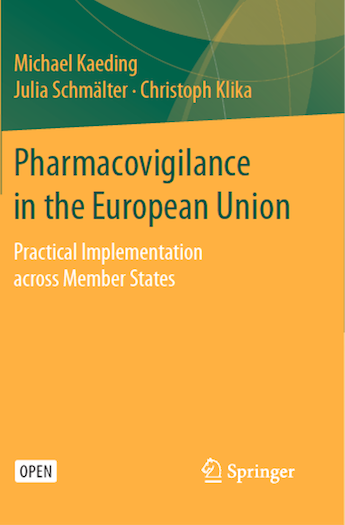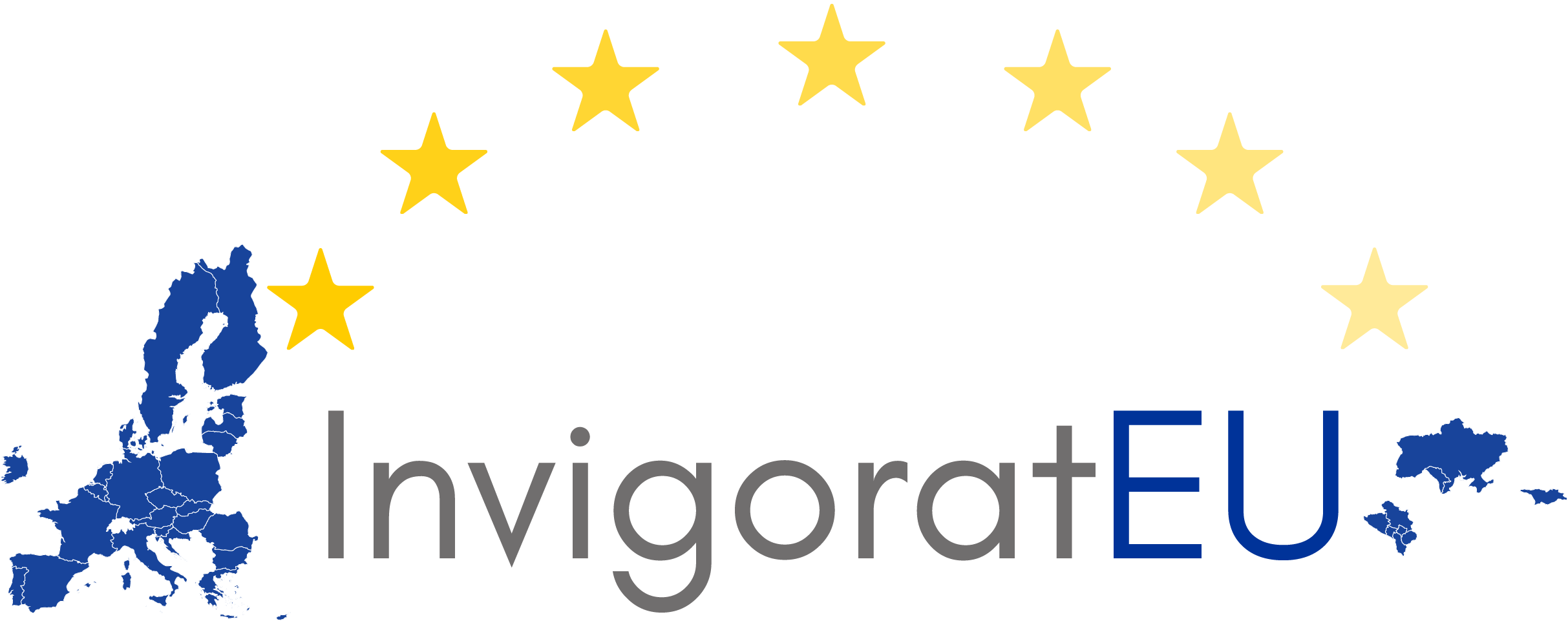Pharmacovigilance in the European Union

The implementation assessment “Pharmacovigilance in the European Union: Practical implementation across Member States” was commissioned by AbbVie, directed by Dr Michael Kaeding, managed by Julia Schmälter, and written by the aforementioned in collaboration with Christoph Klika. The book presents the results of an in-depth comparative study assessing the implementation of the EU Pharmacovigilance Directive (2010/84/EU) in six EU Member States. By going beyond legal transposition and instead focusing on practical implementation, this study aims to close a gap in EU compliance research. Based on qualitative interviews with key stakeholders in Germany, Poland, Portugal, France, Finland and the UK over the course of ten months, the authors identify perceived challenges and best-practices, issue recommendations, and thereby contribute to a better understanding of the factors that incentivize or impede the practical implementation of EU drug safety at the national level. You can access and download the book for free here.
Key Messages
Biological medicinal products continue to play a key role in disease treatment. However, due to their unique characteristics, they need to be regulated with specific and tailored policies and legislation. The EU pharmacovigilance legislation mandates that all new medicinal products (small molecule and biologic medicines, including biosimilar medicines) approved after 1 January 2011 are subject to closer monitoring for safety.
Adverse drug reactions (ADRs) must be reported quickly and accurately for all medicines, but particularly for biologicals. Indeed, it is estimated that ADRs account for 5% of all hospital admissions, cause around 200,000 deaths per year in the EU, and cost roughly €80 billion. Since the 1990s, legislation at the EU level has strengthened medicinal safety in general, and particularly the reporting of ADRs. As a result of this legislation, national pharmacovigilance systems should now be in place in all EU countries.
However, transposition problems remain in some EU Member States when it comes to medicinal safety. Almost 85% of EU rules are not transposed on time, and occasionally come with a delay of more than two years. Moreover, the levels of transposition are extremely varied across the EU, with some countries seen to be slower off the mark, whilst others are identified as “champions”.
Although progress has been made, underreporting of ADRs is present in all six countries analysed in the report. This is explained by a variety of reasons including lack of awareness of ADRs, complexity in terms of the reporting process, fear of litigation and/or failure, and budgetary limitations. A key solution identified by the report is to put in place awareness raising programmes aimed at both patients and healthcare professionals to increase knowledge about medicinal safety and highlight the role it can play to ensure public health. Training of healthcare professionals has also been identified to increase ADR reporting with regard to biologicals.
Key messages on the recommendations
Although patients are given a strong role within the new EU pharmacovigilance legislation, they lack awareness, and this leads to ADRs going unreported. This is why European, national, and regional authorities should invest in awareness-raising campaigns to increase public knowledge about medicinal safety and ADR reporting. This awareness raising could include websites, social media, leaflets, as well as cooperation with schools to educate future generations.
Healthcare professionals should also be targeted by awareness-raising campaigns to ensure they are aware of the importance of medicinal safety to public health and are encouraged to act. Medicinal safety should also be included in the curriculum for all medical and pharmacy students, and advanced post-graduate training should be introduced.
ADR reporting is often perceived to be time-consuming and incompatible with other tasks. Healthcare institutions should therefore make efforts to streamline internal processes and look to cooperate more with competent authorities, industry, patients, and research facilities.
Patients can have a key role in reporting ADRs. To facilitate ADR reporting for patients, Member States should enable patients to report ADRs online. In parallel, connectivity of IT systems between general practitioners, hospitals, pharmacies, and the national competent authority should be improved.
Healthcare professionals should receive the necessary training to ensure that underreporting of batch numbers is prevented and that the traceability of biologicals is strengthened.
Countries should put in place safeguards to ensure that healthcare professionals feel comfortable in reporting ADRs without fear of liability and/or failure, as this acts as a deterrent.
Countries should also ensure a culture of care and patient safety in which ADR reporting is considered as a key responsibility of healthcare professionals and not as a failure or lead to reputational damage.



